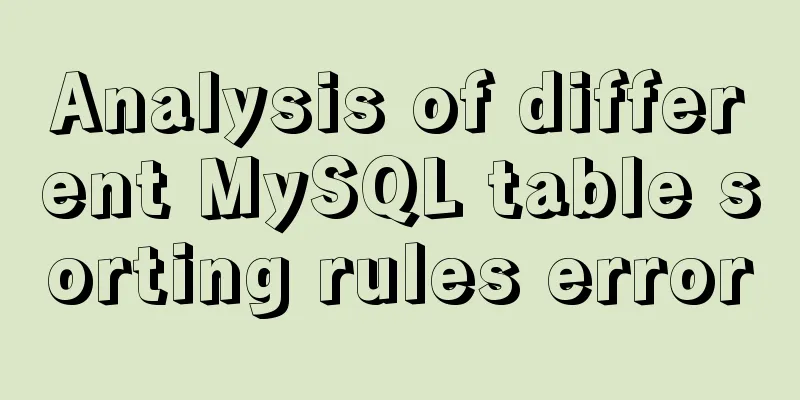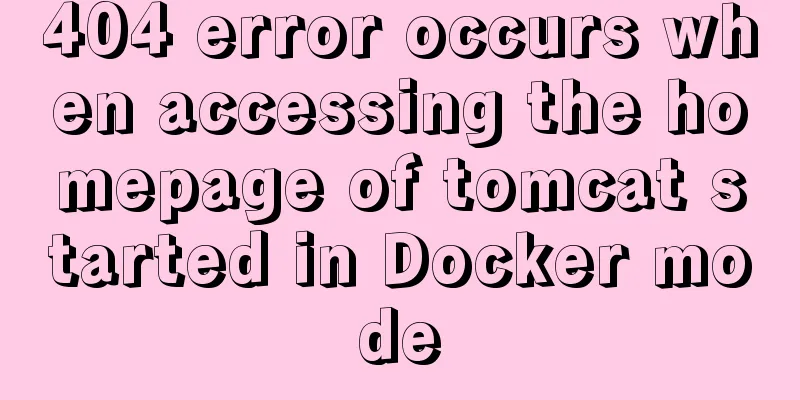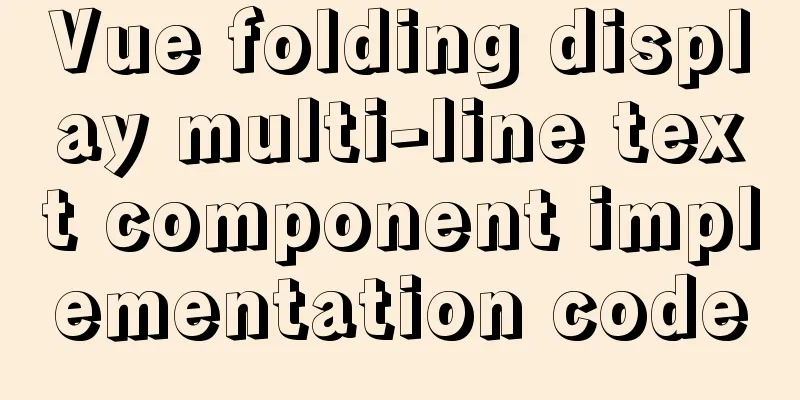Analysis of different MySQL table sorting rules error

|
The following error is reported when MySQL joins multiple tables: [Err]1267 – Illegal mix of collations (utf8_general_ci, IMPLICIT) and (utf8_unicode_ci, IMPLICIT) for operation '= This means that the sorting rules (COLLATION) of the two tables are different and the comparison cannot be completed. COLLATION is used for sorting and size comparison. A character set has one or more COLLATIONs and ends with _ci (case insensitive), _cs (case sensitive), or _bin (binary). When doing a comparison, you should make sure that the character ordering of both tables is the same. Generally, you don't specify it when creating a table. You can use the default one. There will be no problem if all the defaults are used. Let's simulate various scenarios. The table structure is as follows (the default sorting rule for utf8 is utf8_general_ci):
mysql> show create table test.cs\G
*************************** 1. row ***************************
Table: cs
Create Table: CREATE TABLE `cs` (
`id` int(11) DEFAULT NULL,
`name` varchar(10) DEFAULT NULL
) ENGINE=InnoDB DEFAULT CHARSET=utf8
1 row in set (0.01 sec)View the default collation set for a table mysql> select TABLE_SCHEMA,TABLE_NAME,TABLE_COLLATION from information_schema.tables where table_name='cs'; +--------------+------------+-----------------+ | TABLE_SCHEMA | TABLE_NAME | TABLE_COLLATION | +--------------+------------+-----------------+ | test | cs | utf8_general_ci | +--------------+------------+-----------------+ 1 row in set (0.00 sec) View Column Collation Set mysql> select TABLE_SCHEMA,TABLE_NAME,COLUMN_NAME,COLLATION_NAME from information_schema.COLUMNS where TABLE_NAME='cs'; +--------------+------------+-------------+-----------------+ | TABLE_SCHEMA | TABLE_NAME | COLUMN_NAME | COLLATION_NAME | +--------------+------------+-------------+-----------------+ | test | cs | id | NULL | | test | cs | name | utf8_general_ci | +--------------+------------+-------------+-----------------+ 2 rows in set (0.00 sec) Upgrading from utf8 to utf8mb4 does not support online DDL, as follows: mysql> ALTER TABLE cs CONVERT TO CHARACTER SET utf8mb4,ALGORITHM=INPLACE,LOCK=NONE; ERROR 1846 (0A000): ALGORITHM=INPLACE is not supported. Reason: Cannot change column type INPLACE. Try ALGORITHM=COPY. Changing from utf8.utf8_general_ci to utf8.utf8_unicode_ci does not support online DDL, as follows: mysql> ALTER TABLE cs CONVERT TO CHARACTER SET utf8 collate utf8_unicode_ci,ALGORITHM=INPLACE,LOCK=NONE; ERROR 1846 (0A000): ALGORITHM=INPLACE is not supported. Reason: Cannot change column type INPLACE. Try ALGORITHM=COPY. If you modify the character set in the following way, you will find that only the table level is changed, not the column level. mysql> ALTER TABLE cs CHARACTER SET utf8 collate utf8_unicode_ci; Query OK, 0 rows affected (0.01 sec) Records: 0 Duplicates: 0 Warnings: 0 mysql> select TABLE_SCHEMA,TABLE_NAME,TABLE_COLLATION from information_schema.tables where table_name='cs'; +--------------+------------+-----------------+ | TABLE_SCHEMA | TABLE_NAME | TABLE_COLLATION | +--------------+------------+-----------------+ | test | cs | utf8_unicode_ci | +--------------+------------+-----------------+ 1 row in set (0.00 sec) mysql> select TABLE_SCHEMA,TABLE_NAME,COLUMN_NAME,COLLATION_NAME from information_schema.COLUMNS where TABLE_NAME='cs'; +--------------+------------+-------------+-----------------+ | TABLE_SCHEMA | TABLE_NAME | COLUMN_NAME | COLLATION_NAME | +--------------+------------+-------------+-----------------+ | test | cs | id | NULL | | test | cs | name | utf8_general_ci | +--------------+------------+-------------+-----------------+ 2 rows in set (0.00 sec) So when you really change the character set, don't forget to add CONVERT TO, as follows: mysql> ALTER TABLE cs CONVERT TO CHARACTER SET utf8 collate utf8_unicode_ci; Query OK, 5 rows affected (0.06 sec) Records: 5 Duplicates: 0 Warnings: 0 mysql> select TABLE_SCHEMA,TABLE_NAME,COLUMN_NAME,COLLATION_NAME from information_schema.COLUMNS where TABLE_NAME='cs'; +--------------+------------+-------------+-----------------+ | TABLE_SCHEMA | TABLE_NAME | COLUMN_NAME | COLLATION_NAME | +--------------+------------+-------------+-----------------+ | test | cs | id | NULL | | test | cs | name | utf8_unicode_ci | +--------------+------------+-------------+-----------------+ 2 rows in set (0.00 sec) To change the default character set for just one table, use this statement: mysql> ALTER TABLE cs default CHARACTER SET utf8 collate utf8_general_ci,ALGORITHM=INPLACE,LOCK=NONE; Query OK, 0 rows affected (0.00 sec) Records: 0 Duplicates: 0 Warnings: 0 mysql> select TABLE_SCHEMA,TABLE_NAME,TABLE_COLLATION from information_schema.tables where table_name='cs'; +--------------+------------+-----------------+ | TABLE_SCHEMA | TABLE_NAME | TABLE_COLLATION | +--------------+------------+-----------------+ | test | cs | utf8_general_ci | +--------------+------------+-----------------+ 1 row in set (0.00 sec) mysql> select TABLE_SCHEMA,TABLE_NAME,COLUMN_NAME,COLLATION_NAME from information_schema.COLUMNS where TABLE_NAME='cs'; +--------------+------------+-------------+-----------------+ | TABLE_SCHEMA | TABLE_NAME | COLUMN_NAME | COLLATION_NAME | +--------------+------------+-------------+-----------------+ | test | cs | id | NULL | | test | cs | name | utf8_unicode_ci | +--------------+------------+-------------+-----------------+ 2 rows in set (0.00 sec) You can find that the column character set has not changed, and only new columns will inherit the table character set (utf8.utf8_general_ci) by default. Summarize The above is all the content of this article about the analysis of different error problems in MySQL table sorting rules. I hope it will be helpful to everyone. Interested friends can refer to: Several important MySQL variables, Analysis of MySQL declared variables and stored procedures, Detailed code explanation of the relationship between MySQL master library binlog (master-log) and slave library relay-log, Detailed explanation of MySQL prepare principle, etc. If you have any questions, you can leave a message at any time to communicate with each other and make progress together. You may also be interested in:
|
<<: JavaScript+HTML to implement student information management system
>>: How to build nfs service in ubuntu16.04
Recommend
Introduction to installing JDK under Linux, including uninstalling OpenJDK
1. View openjdk rpm -qa|grep jdk 2. Delete openjd...
How to modify the location of data files in CentOS6.7 mysql5.6.33
Problem: The partition where MySQL stores data fi...
MySql common query command operation list
MYSQL commonly used query commands: mysql> sel...
Detailed explanation of the functions of each port of Tomcat
From the tomcat configuration file, we can see th...
Docker win ping fails container avoidance guide
Using win docker-desktop, I want to connect to co...
HTML form tag tutorial (3): input tag
HTML form tag tutorial, this section mainly expla...
Solution to slow network request in docker container
Several problems were discovered during the use o...
MySQL optimization query_cache_limit parameter description
query_cache_limit query_cache_limit specifies the...
How to install mysql via yum on centos7
1. Check whether MySQL is installed yum list inst...
Mysql practical exercises simple library management system
Table of contents 1. Sorting function 2. Prepare ...
More elegant processing of dates in JavaScript based on Day.js
Table of contents Why use day.js Moment.js Day.js...
Graphical instructions for uploading and downloading files to a remote Linux host based on SecureCRT
Sometimes it is slow to download large network fi...
Implementing access control and connection restriction based on Nginx
Preface Nginx 's built-in module supports lim...
Ant Design Blazor component library's routing reuse multi-tab function
Recently, there has been a growing demand for imp...
MySQL string splitting operation (string interception containing separators)
String extraction without delimiters Question Req...









